How does one begin composting
Related Discussions
GNATS - How to get rid of them?
Somehow my house and garden got tiny gnats that killed my fuchsia plant and fly everywhere. I have tried ALL the Web recommendations - soap and oil dishes, sand in th... See more
Marigolds growing! Should I pinch the buds?
My marigold plants are growing. I heard that pinching the buds until Autumn will allow them to grow without killing the plant. Is this true?
Growing garlic
Growing our first garlic, should we wait until the leaves are drying out before we pick it? Husband picked first one today along with our first potatoes.
How to keep mice out of your garden?
Hi everyone, I have mice in my garden destroying my vegetables and I have also noticed them in the barn and shed. Please can someone tell me how to prevent them from ... See more
What's the best flower/plant to grow in Texas?
I know that opinions vary, but what's your opinion?!I have great luck w Rosemary plants. Green all year long.
Squash Plants Large and Healthy and no Squash Growing?
2nd Season in a ROW! Squash plants growing large and healthy leaves and the stems near the roots are looking healthy and turning dark green, getting flowers that grow... See more
Trail of dead grass mystery?
Trail of dead grass appeared two weeks ago that starts in neighbor's yard and goes to the sidewalk, then continues past the sidewalk in a line into the grass into my ... See more
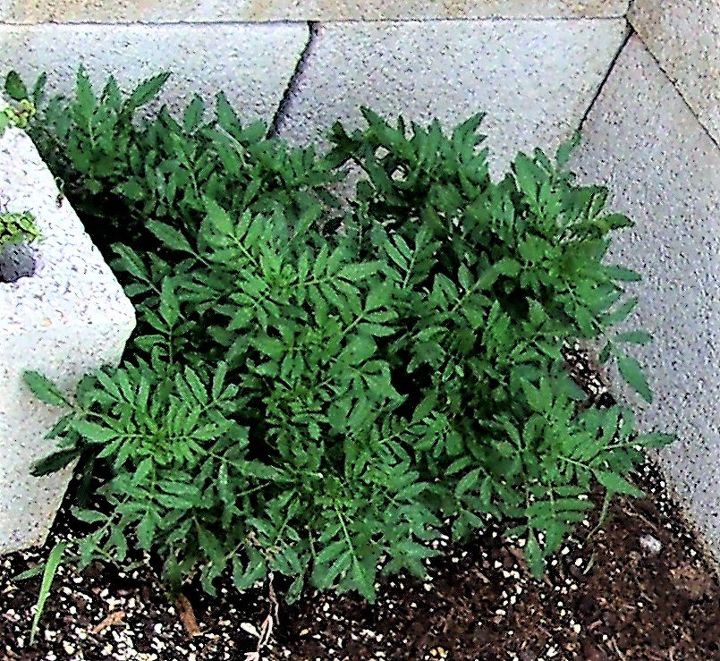
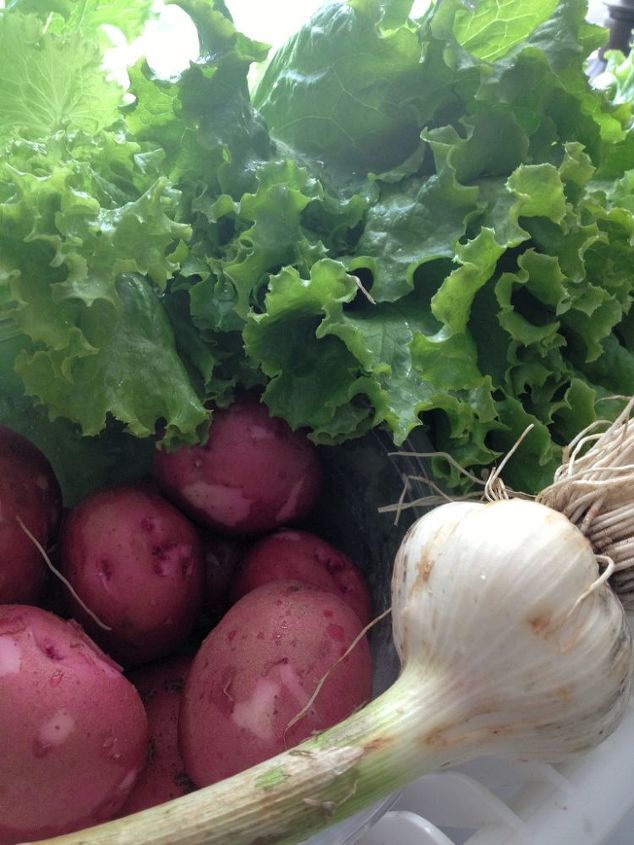
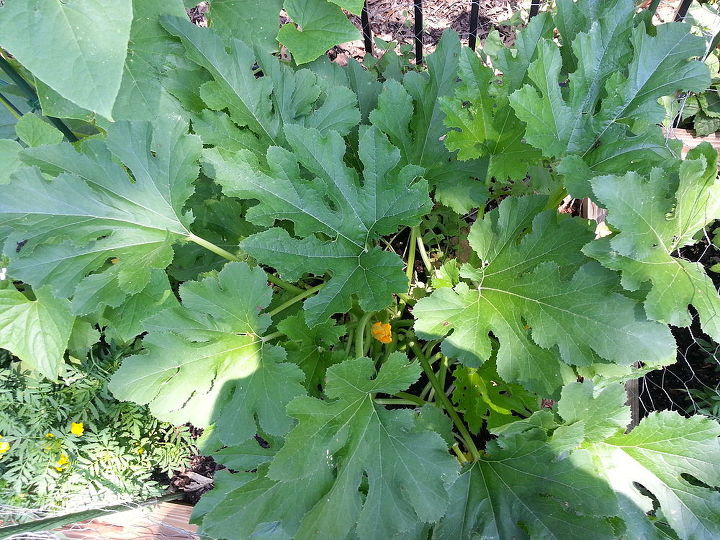
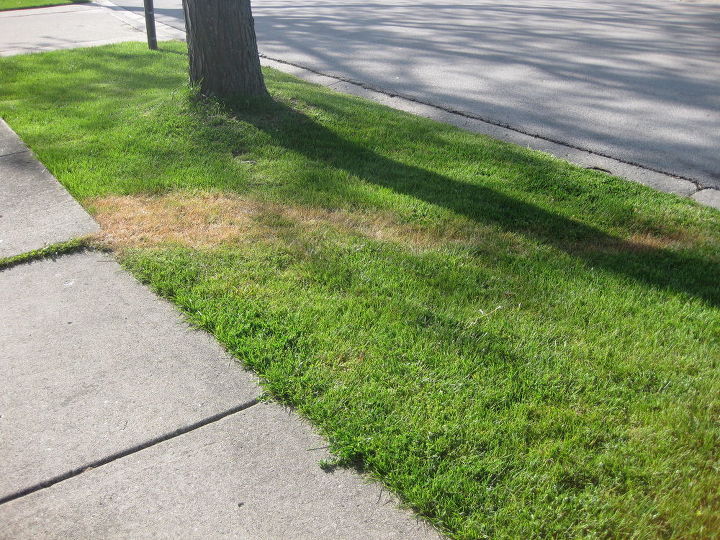
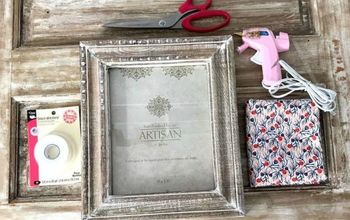
To begin composting find an old cannister or bin to begin collecting food scraps in. Do not put any meats. Dairy, oils, plastics, or non compostables in the bin.
There are thre types of compostables. Some are carbon based (frequently called browns) and some are nitrogen based (frequently called greens). There are also neutrals that have an even amount of both. Having a fairly equal amount of nitrogen and carbon based compostables is important because it wont be as likely to stink up your space. Search pinterest or google for lists of greens and browns.
There are many ways to compost. Cold composting takes a lot longer. You basically throw your yard waste, food scraps, leaves, rabbit, chicken, horse, cow, herbivore manure and any other compostable scraps in a pile or bin or directly on the ground and forget about it. If your compost heap is in contact with the soil, lots of microbes and good bacteria will feast on it and break it down into amazing healthy compost. If you start a cold compost pile now, it will be ready for spring gardening.
Hot compost uses heat and moisture to break it down faster. This is when you frequently turn your heap or have it in a bin that turns. The more you turn the compost, the faster it will break down.
I like sandwich composting the best. You make layers of cardboard (carbon), green leaves and yard waste, grass clippings (nitrogen), I add rabbit droppings then a layer of soil. Repeat until you have a height you like. This is a really easy way to recycle all your yard waste. Earth worms love it! Every time I have done a sandwich compost, all my plants thrive.
Worm bins are another amazing way to compost. Throw some newspaper scraps in a large 20 gallon rubbermaid tote and then add some red wiggler worms (order from amazon or ebay for less than $20). Feed the worms your scraps and forget about them. There isnt a fertilizer in the world as amazing as worm castings. Make sure you keep your worms between 30 and 70 degrees though.
If you are really lazy about composting, you can just cut down your veggies and plants at the end of the season and just let them rot right into the soil.
Good luck and Happy Holidays!
first find a container that you would like to use...make one from scrap wood or purchase a composter. PUt a layer of soil at the bottom, add kitchen scraps cover with a layer of soil. Continue to layer scraps and soil...you can use an additive to make the scraps decompose faster,but ive never found it necessary. If possible, you should turn or mix up the layers periodically
https://www.gardeningknowhow.com/composting/basics/ultimate-beginners-guide-composting.htm
using a container is up to you? You don’t necessarily have to use a container and some people don’t, they just make a pile on the ground that they turn every so often with a pitch fork. Biggest thing with composting is having the right mixtures of materia. You have to add shredded news paper (nothing shinny), leaves, cardboard, hay! Basically your compost should never stink badly, if it does you need more leaves, newspapers, cardboard or hay and add into your compost ASAP for it to compost correctly! You will notice the smell disappearing pretty quickly when your mixture is correct
If you compost in a bin that you turn be sure to not turn it more then every other day. Turning too much will not allow the composting to take place it does need a little time to sit.
you have to make a fenced in are. Or some type of are that can keep the compost contained. Then put grass clippings and other outdoor stuff in it and it will decompose
I just dug some of the turf out of a spot in the yard and started dumping stuff onto it. Leaves, grass clippings, weeds (try to get them before they go to seed!), fruit & vegetable scraps, potato peelings, eggshells, manure if you have it--cow, horse, chicken, rabbit; nothing from meat-eaters. Horse manure is likely to have more viable seeds in it. Just let it sit there. Turn it occasionally--we use our baby tractor with a loader to turn it. It will be ready to use in a year or so and as long as you keep adding to it you will be set for life! Our biggest problem is that we started it where the garden was and now have moved it to another area and it's too far away. But it's working and we do have the tractor to haul it to the garden. You can get really complicated and elaborate with this but just a pile will work fine.
BEWARE... (OK, that is an overstatement) You DO NOT need a container... that type of composting is for small volume materials.
Cynthia, you don't even need to dig! (but adding layers of soil is most useful)
The First answer [https://www.hometalk.com/member/22227178/3916jtpmupqal ] is the most complete and useful.
Some people insist you need sunlight (NO), a container (NO), frequent turning (NO), grass clippings (NO... but Never too much grass!)
I put my pile in a shady spot, where the leaf droppings have been removed. The smaller your compostables are (down to a postage stamp size) the faster it gets digested. Grind materials with a lawn mower or (if from the kitchen) a food processor... remember- postage stamp = coarse.
The more frequently it's turned (up to 2x per week) the faster it gets digested. As bacteria digest it, it heats up (my in-the-shade pile gets interior temps of 160degF). (Too much turning will cool it off). Takes too long to heat up? Add some Septic tank bacteria (plumbing department). Make sure it stays moist... Never Soggy! (Soggy makes anaerobic gasses = ammonia = stink!) Heavy rain approaching? Cover with a tarp for rain in excess of and inch.
Wood or sticks are going to be VERY slow to decompose... I leave mine Next to the pile.
Full instructions are found in plenty of places... your county AG extension office can help.
One more thing - food stuffs that are rather large attract animals... (meats attract maggots) and rodents. Remove meats, and what remains should be cut small -- be sure to Bury them! Also, Onions make soil Acid.
You may, as I do, separate desired seeds to see if you get plants for free.
we chuck everything in a corner with sticks, hedge trimmings etc. in a year dig it out - below a ton of compost. Never add animal products and you should be fine.
Your very welcome.